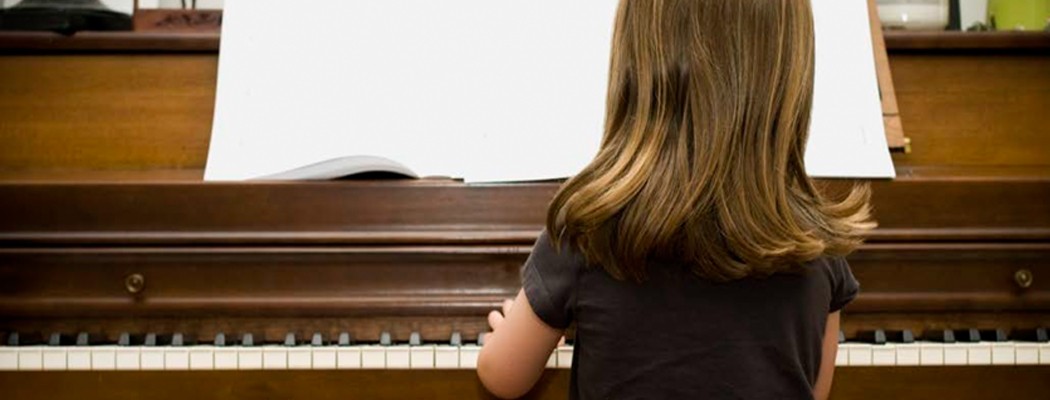How old were you when you began teaching piano?
Most teachers we asked answered between 14 and 18, which is an early start to any career. But, if we are honest most piano teachers started to teach because a friend, relative or neighbour said ‘you play piano, can you teach my child?’
It’s a familiar scenario. Perhaps you started out that way, or have students who have taken on a few students of their own.
The Piano Teacher magazine would like to welcome these young people to the piano teaching profession and help them get the best start possible.
So, what does it take to be a good piano teacher? We collated some responses from a recent Facebook discussion and we learned that a piano teacher needs to be a nice, kind, positive, enthusiastic, passionate, empathetic, creative person who smells good, knows how to have a laugh and is fun!
Here are 7 more things that all piano teachers (should) have!
- An understanding of the basics about physically playing the piano. You need to understand the relationship between chair height and the angle of the arm and wrist. You need to know about arm weight and how to transfer the weight to create a good tone and to avoid injury.
- Performance skill. Whether you are just starting out or an experienced teacher you need to be able to really play the piano. Many experienced teachers have joined the 40 Piece Challenge and have committed to learning new music every week. Challenge yourself to sight read lots of music from a variety of genres to keep your skills refreshed!
- Teaching skills. You need to know how students learn, how to motivate students, and you need the ability to demonstrate and explain concepts in ways that make sense to students.
- The ability to create pupil centred lessons. Including knowing how to inspire each individual student, an ability to help students work through any anxieties or fears they may have and some basic knowledge of child psychology and the physical and mental capabilities and needs of students of all ages.
- A really genuine love of music and preferably an appreciation and understanding of multiple genres.
- Great organisational skills. You need to know how to manage a timetable, speak to parents, deal with tax issues, market yourself, invoice lessons and chase up money.
- A desire to keep leaning. Constantly learn new skills and having a willingness to study new ideas and techniques is essential. Actively seek out professional development. Join a discussion group on Facebook, attend your local Music Teacher Association events, seek out a mentor, attend workshops and events run by your local music retail store (it’s a great way to network with other teachers in your area!) Attend the APPC in 2015!
We have prepared a pack of complimentary resources especially for Junior Teachers. If you are under 25 and would like to join the Junior Teacher Club, simply email Nathan at australianpiano@halleonard.com.au
